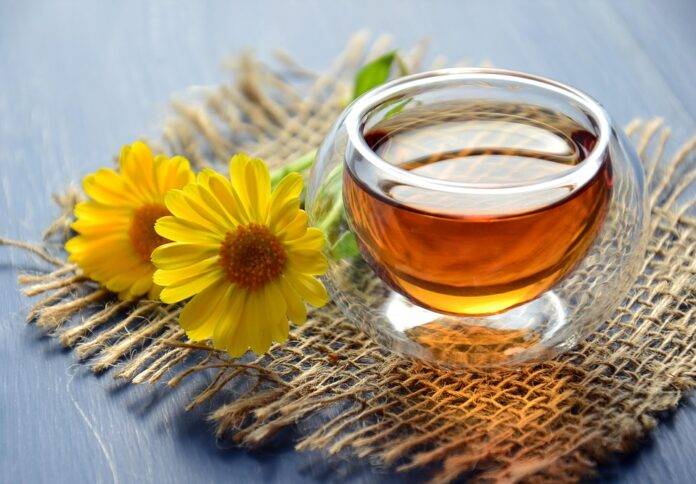The Rise of Herbal Tea Drinks in Hot and Cold Formats
In recent years, the market for herbal tea drinks has been experiencing significant growth, both in hot and cold formats. This trend can be attributed to several factors, including changing consumer preferences, increased awareness of the health benefits of herbal teas, and the rise of innovative beverage companies capitalizing on this growing trend.
Consumer Demand for Healthier Beverage Options
One of the key drivers behind the expansion of herbal tea drinks is the increasing demand for healthier beverage options among consumers. With a growing focus on health and wellness, many people are turning to herbal teas as a natural and beneficial alternative to sugary sodas and artificial drinks. Herbal teas are known for their various health benefits, including antioxidant properties, calming effects, and digestive aid.
According to a report by Grand View Research, the global herbal tea market size was valued at $4.1 billion in 2020 and is expected to reach $5.3 billion by 2027, with a CAGR of 3.1% during the forecast period. This indicates a growing market for herbal tea drinks, both in traditional hot formats and newer cold formats.
Expanding Product Offerings by Beverage Companies
Beverage companies have been quick to capitalize on the increasing popularity of herbal tea drinks by expanding their product offerings in this category. Companies like Teavana, Yogi Tea, Traditional Medicinals, and Pukka Herbs have introduced a wide range of herbal tea blends in both hot and cold formats to cater to consumer preferences.
For example, Teavana, a subsidiary of Starbucks, offers a variety of herbal tea drinks, including hot brewed teas and iced tea infusions. The company has leveraged its strong brand presence and distribution network to promote its herbal tea products to a wider audience.
Shift towards Cold Brew Herbal Teas
One of the emerging trends in the herbal tea market is the shift towards cold brew herbal teas. Cold brewing involves steeping tea leaves in cold water for an extended period, resulting in a smoother and less bitter flavor profile compared to hot brewing. This method has gained popularity among consumers looking for refreshing and convenient beverage options, especially during the hot summer months.
Companies like Pure Leaf and Tazo have launched cold brew herbal tea products to cater to this growing demand. Pure Leaf’s Cold Brew Herbal Tea range includes flavors like Hibiscus, Mint, and Ginger, which have been well-received by consumers seeking a healthier and more flavorful alternative to sugary drinks.
Health Benefits and Functional Ingredients
Another factor driving the expansion of herbal tea drinks is the increasing awareness of the health benefits and functional ingredients found in herbal teas. Many herbal teas contain ingredients like chamomile, peppermint, ginger, and turmeric, which are known for their medicinal properties and health-promoting effects.
Consumers are increasingly seeking out herbal teas for their natural ingredients and potential health benefits, such as improved digestion, stress relief, and immunity support. This has led to the rise of functional herbal teas that target specific health concerns, such as sleep aid, energy boost, and detoxification.
Conclusion
In conclusion, the market for herbal tea drinks is expanding in both hot and cold formats due to changing consumer preferences, increased awareness of health benefits, and the innovative product offerings by beverage companies. With a growing demand for healthier beverage options, herbal teas are well-positioned to continue their upward trajectory in the beverage industry. As more consumers seek out natural and functional beverages, the market for herbal tea drinks is expected to grow further in the coming years.




